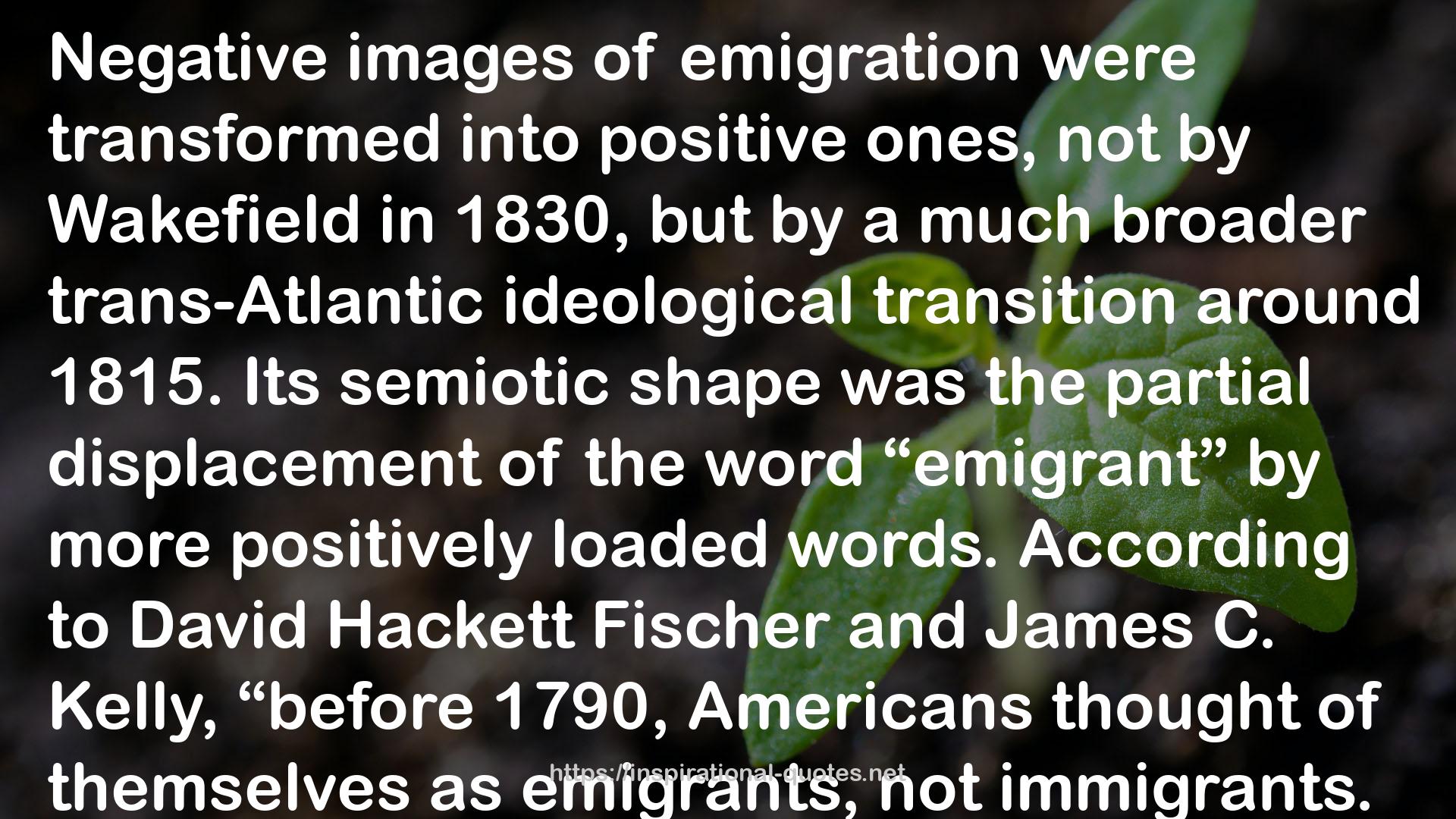Natural Experiments of History QUOTES
SOME WORKS
- Cancer, Kintsugi, Camino: A Memoir
- Nevada
- Official Book Club Selection: A Memoir According to Kathy Griffin
- Cities of Love, Salt & Alchemy
- A Mind is a Terrible Thing to Read (Psych, #1)
- Gus (Bright Side, #2)
- Mengejar Mukti
- Vampires Drink Tomato Juice (The Magical Beings' Rehabilitation Center, #1)
- Moses and Mickey Mouse: How to Find Holy Ground in the Magic Kingdom and Other Unusual Places
- The Imagineering Way

